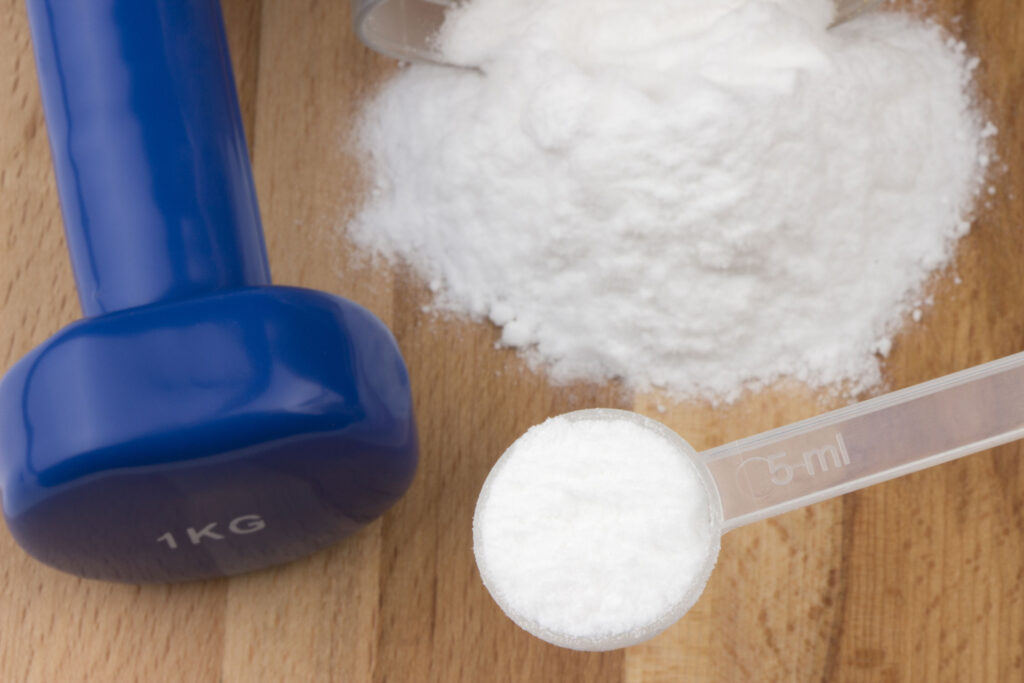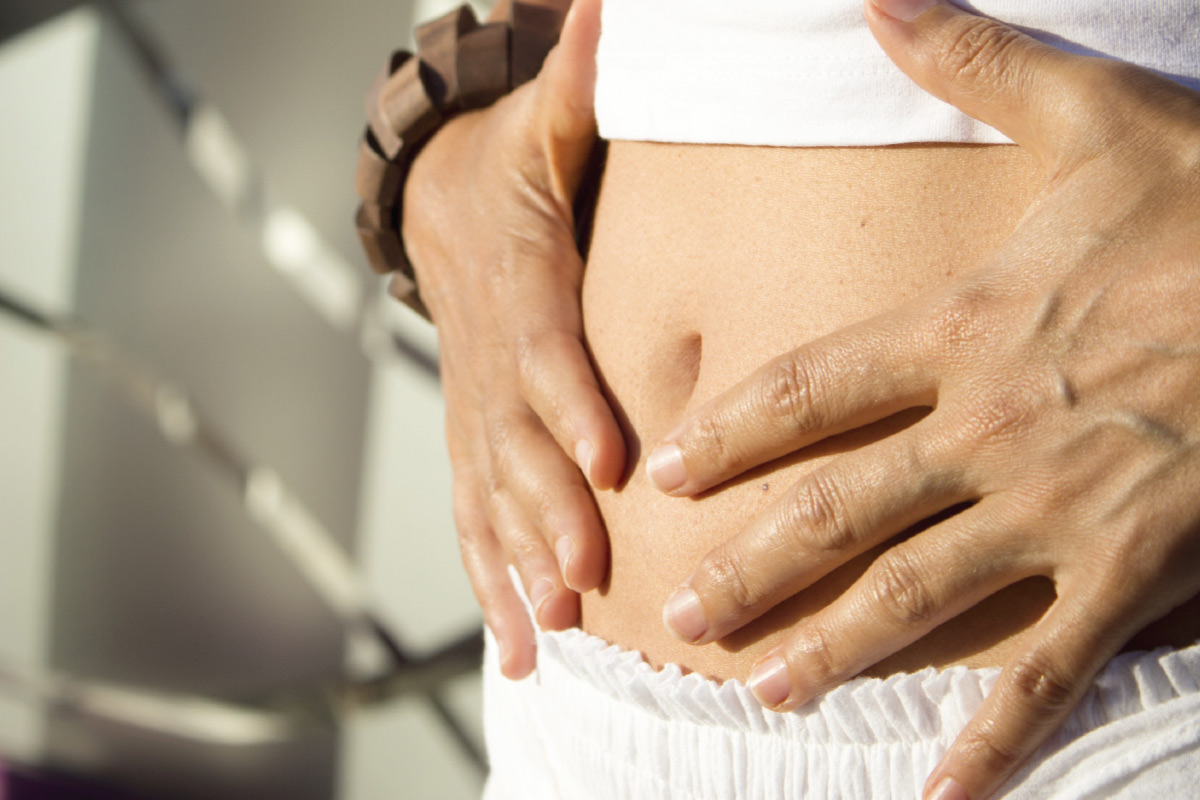Advertisement
Ask the experts
Advertisement728×90 LeaderboardQ: Are there natural health products that can help improve male fertility? A: Infertility is on the rise, and up to 50 percent of total infertility has been attributed to men. Male infertility is commonly due to defects in sperm production, including low sperm counts, poor sperm morphology (cellular structure), or poor motility (ability … Continued

Advertisement
Q: Are there natural health products that can help improve male fertility?
A: Infertility is on the rise, and up to 50 percent of total infertility has been attributed to men. Male infertility is commonly due to defects in sperm production, including low sperm counts, poor sperm morphology (cellular structure), or poor motility (ability to move). Several nutrients have been found to help improve sperm parameters, including L-carnitine, N-acetylcysteine (NAC), and coenzyme Q10 (CoQ10).
Advertisement
L-carnitine
L-carnitine assists with mitochondrial energy (ATP) production, and has been shown to improve sperm motility. A 2018 study evaluated the effect of L-carnitine combined with antioxidant micronutrients on sperm health in 104 men with impaired sperm counts, morphology or motility.
After six months of supplementation, the men taking L-carnitine demonstrated improvements in sperm concentration, total sperm count, and progressive and total motility, compared to the placebo group. In addition, 12 pregnancies occurred during the study, 10 of which were in the L-carnitine group. Another study found similar results, with the addition that the supplemented group also experienced a reduction in sperm DNA fragmentation.
Advertisement
N-acetylcysteine
NAC is an antioxidant and precursor to glutathione, and it may help protect sperm from oxidative damage. In a randomized controlled trial of 468 infertile men, supplementation with 600 mg NAC plus 200 mcg selenium for 26 weeks was shown to improve sperm concentration, morphology, and motility. There was also a strong correlation between sperm parameters and seminal levels of NAC and selenium.
Advertisement
Coenzyme Q10
CoQ10 is a fat-soluble antioxidant and cofactor for mitochondrial energy production. A meta-analysis evaluating almost 300 men found that supplementation with CoQ10 was associated with an approximately five-fold increase in the number of men having improved sperm concentration and motility.





